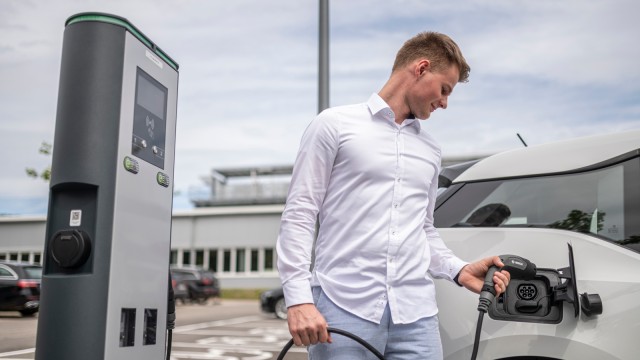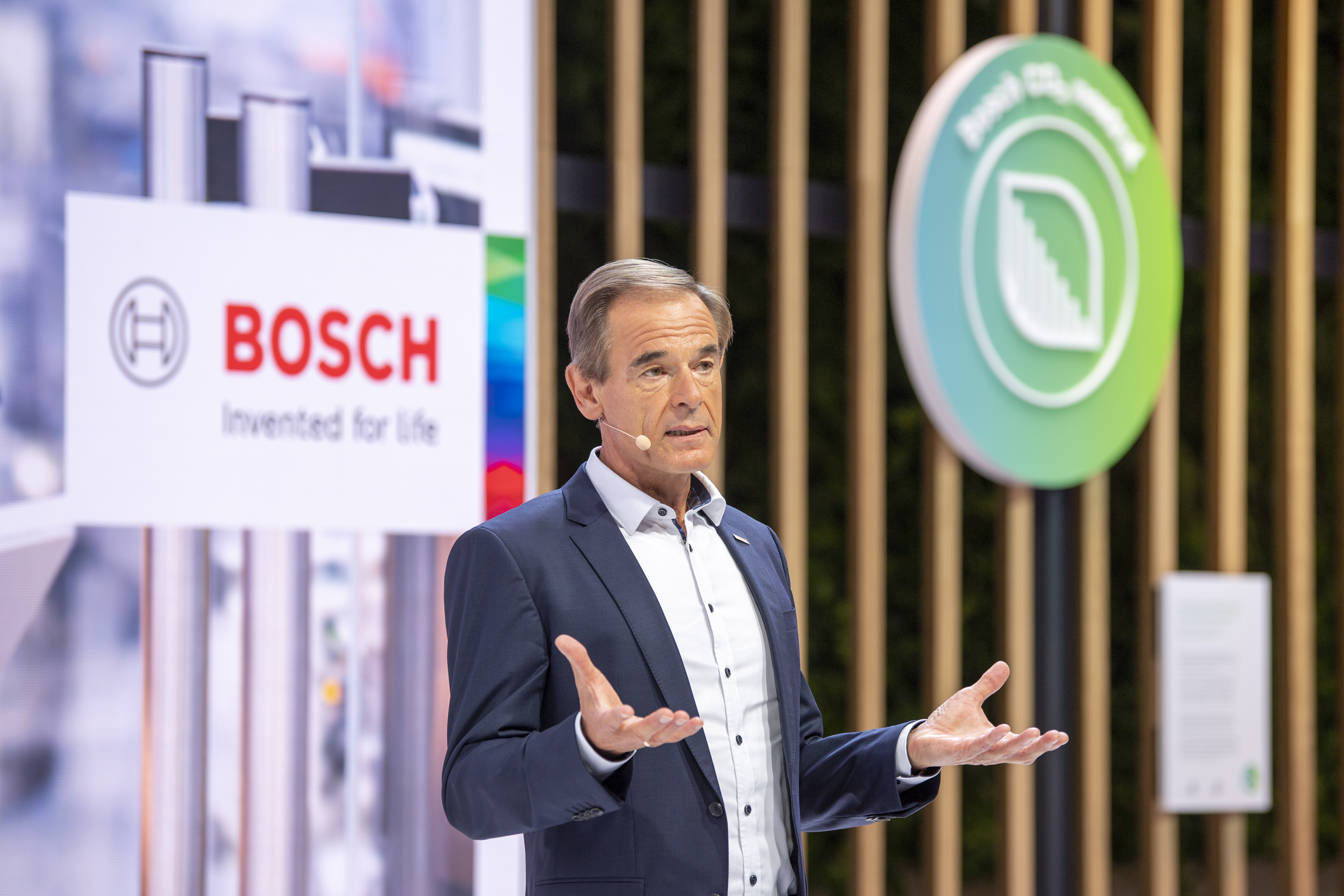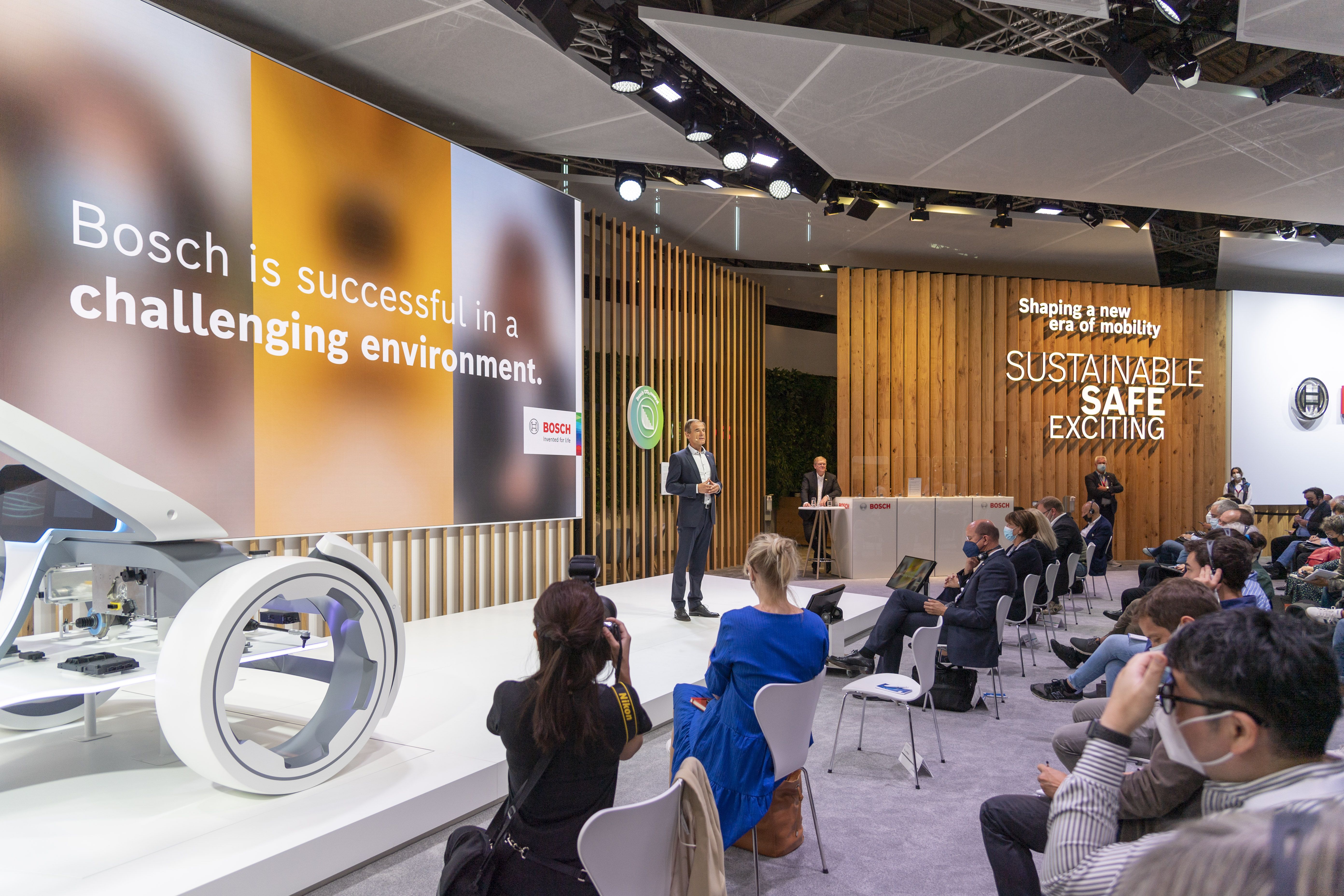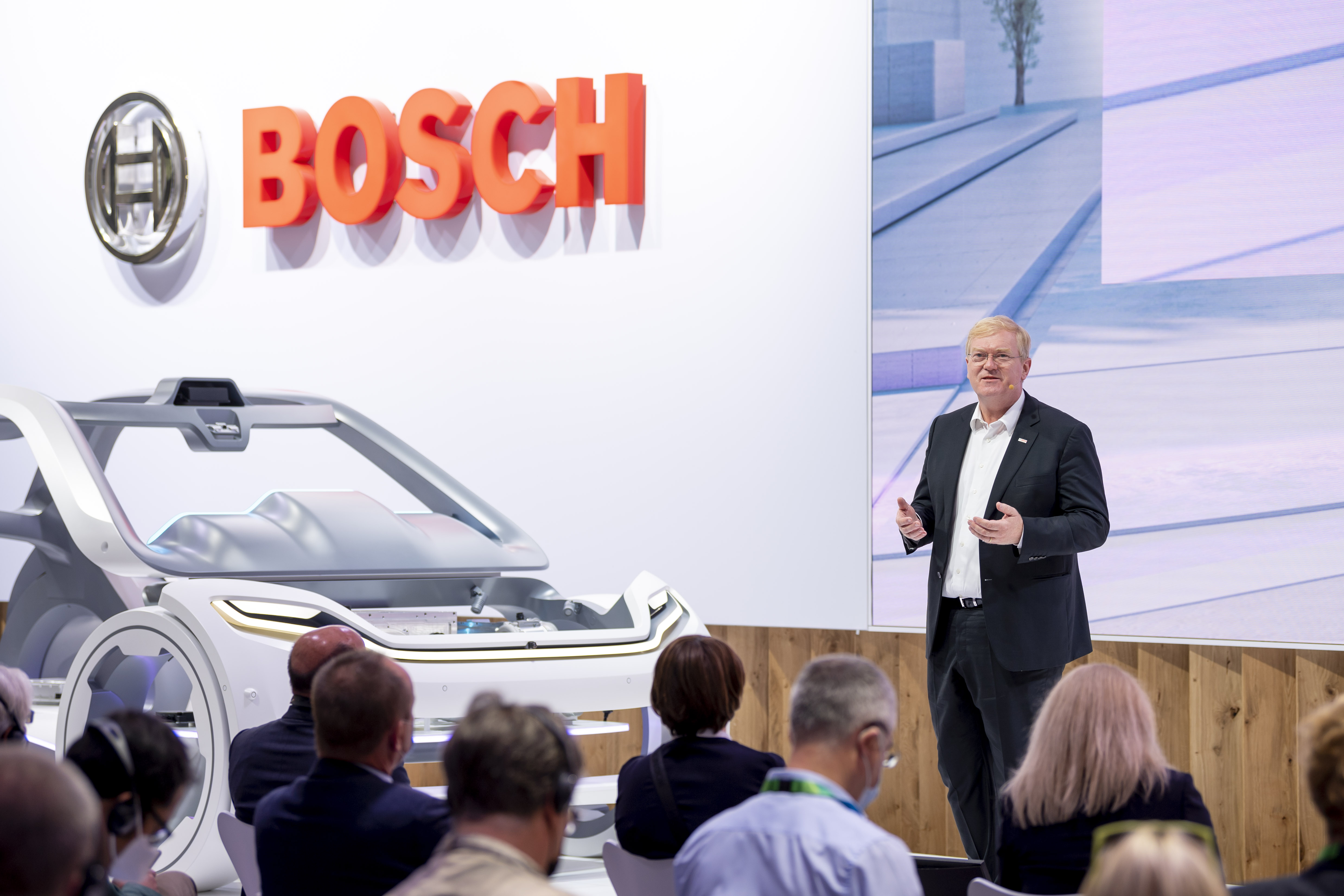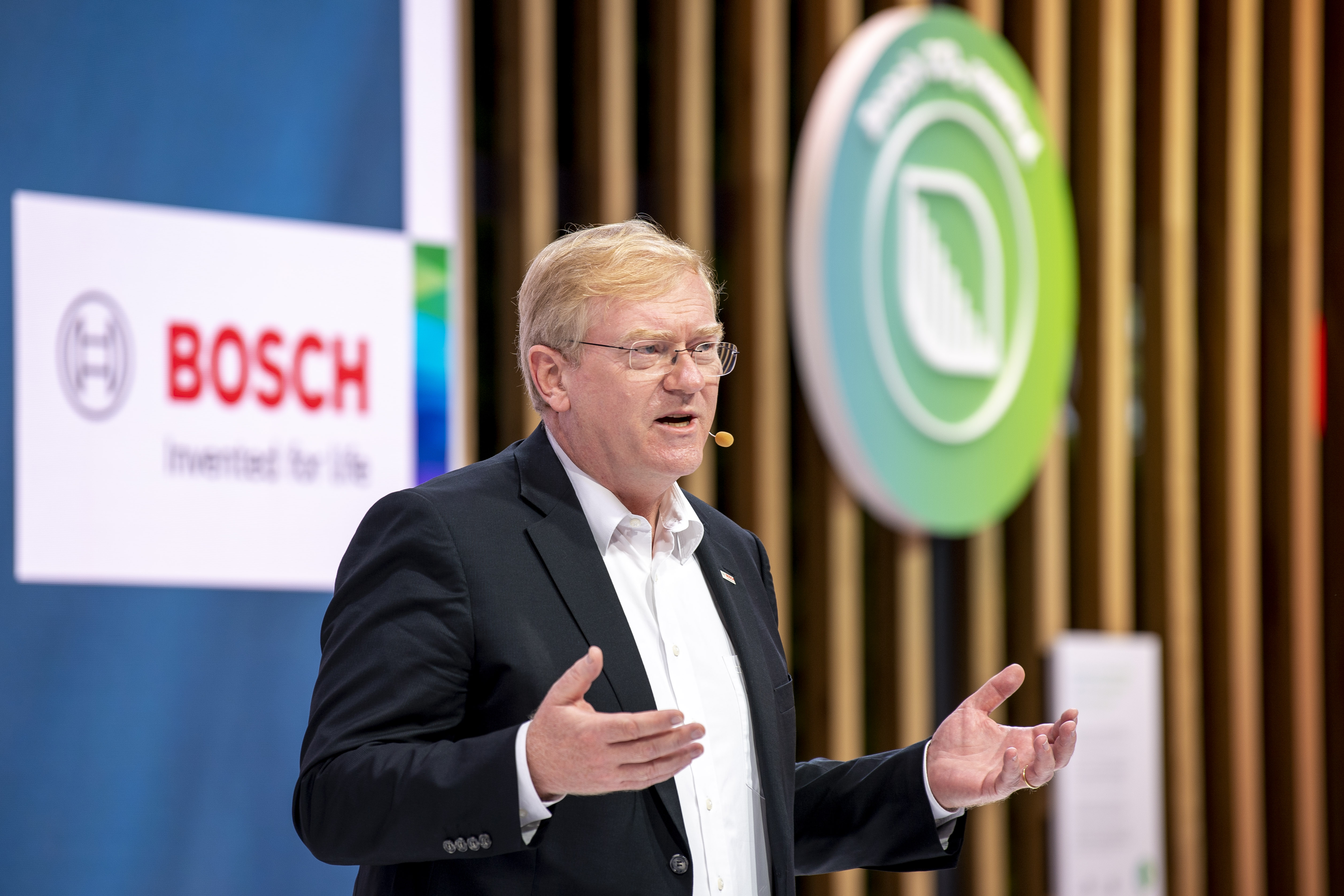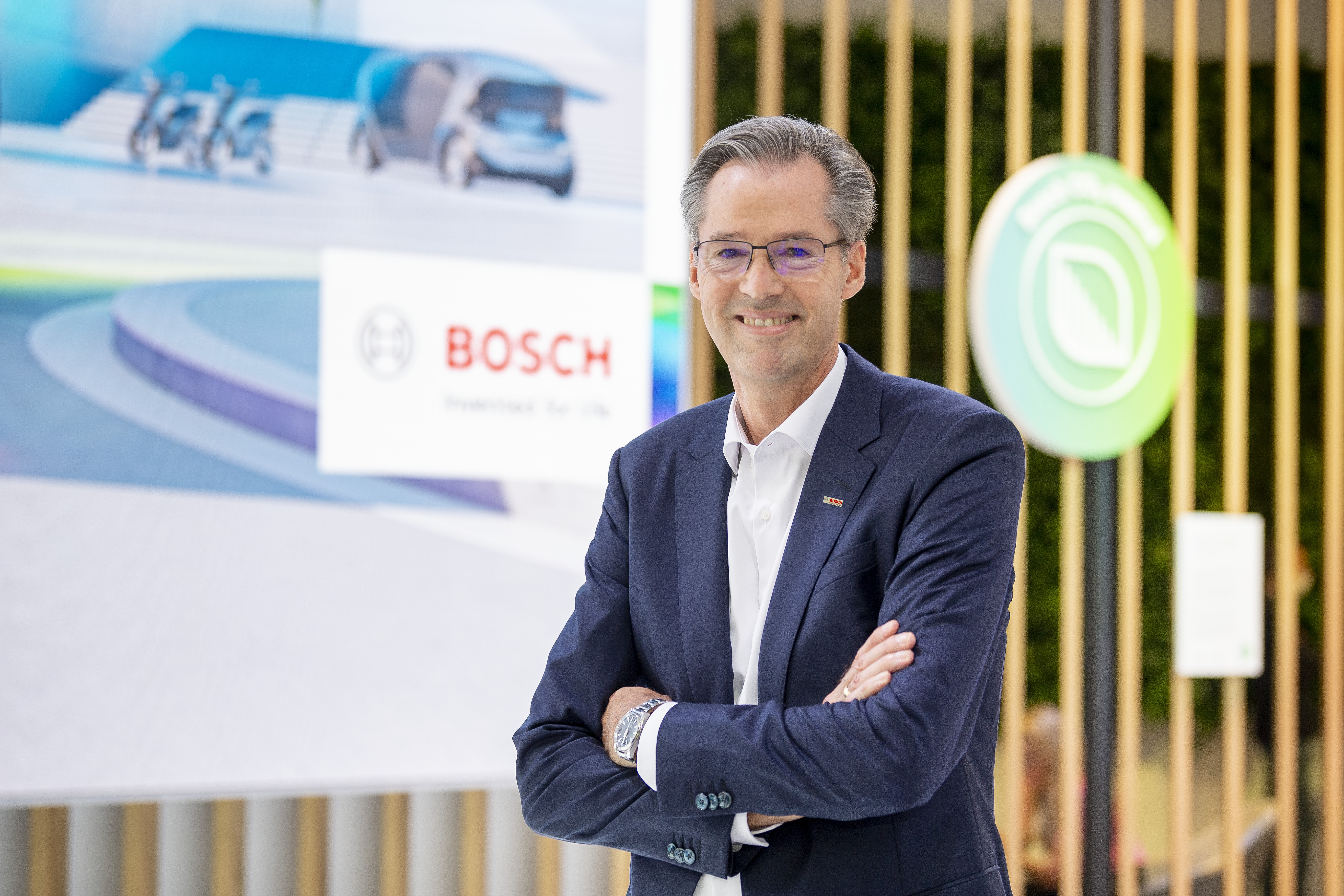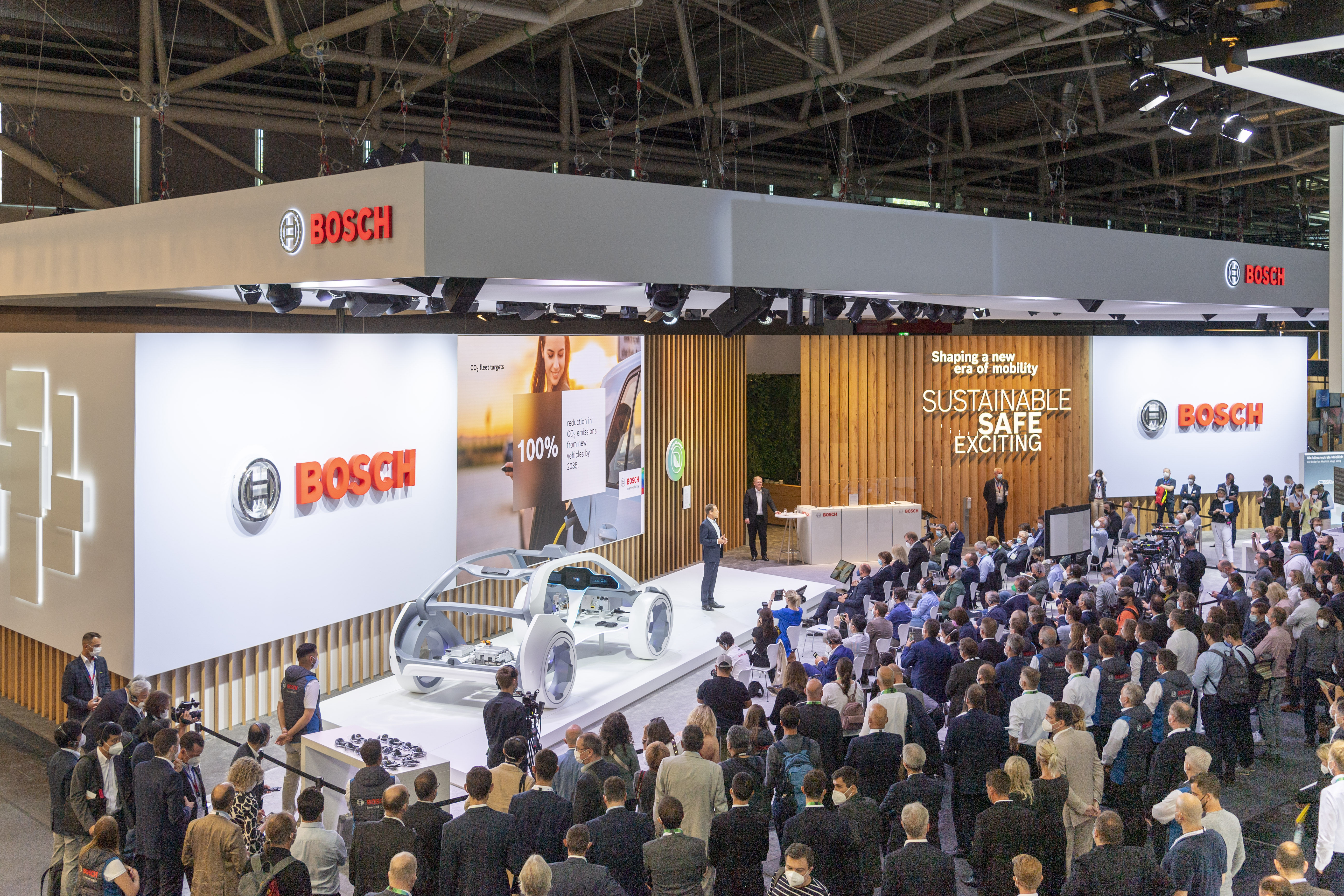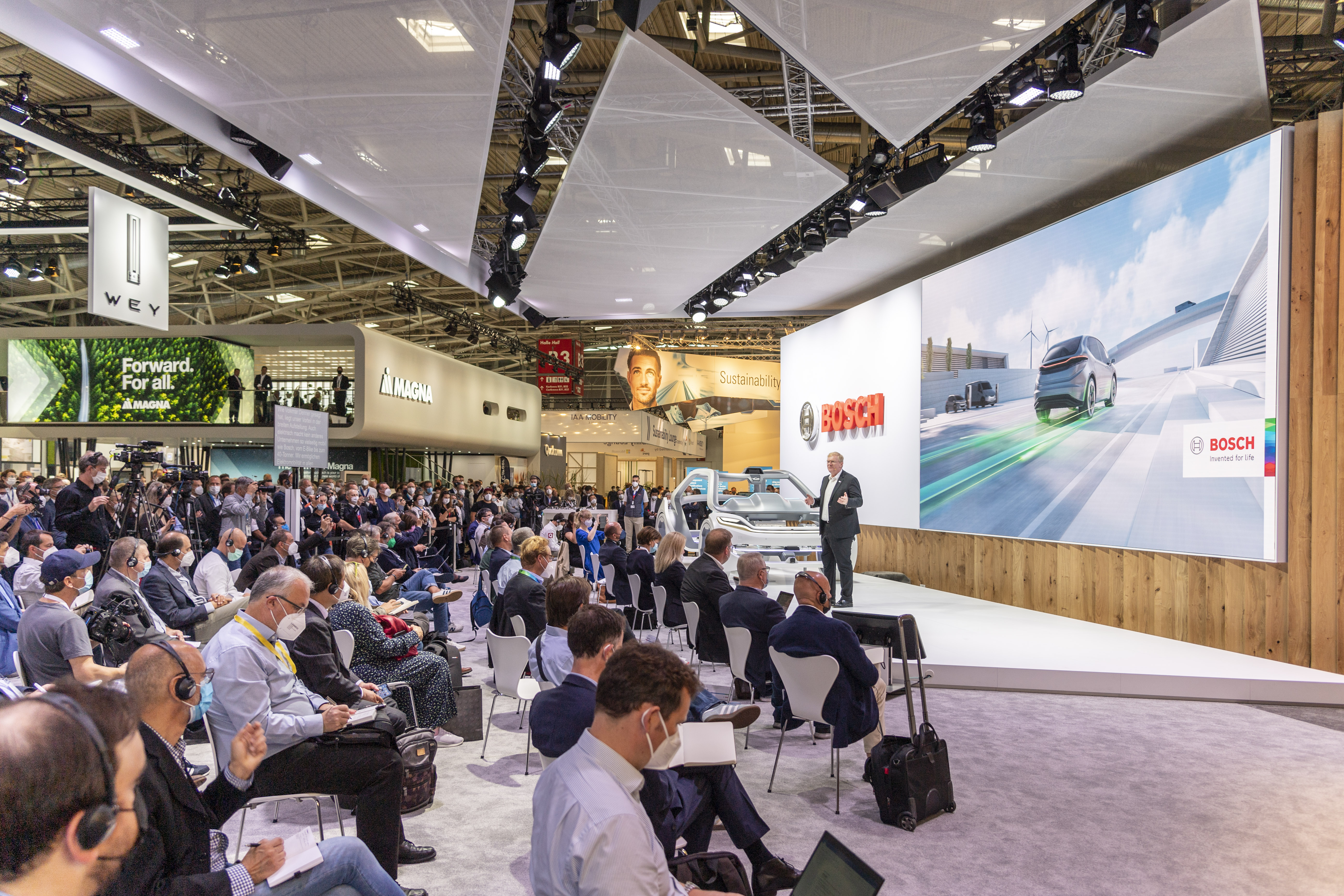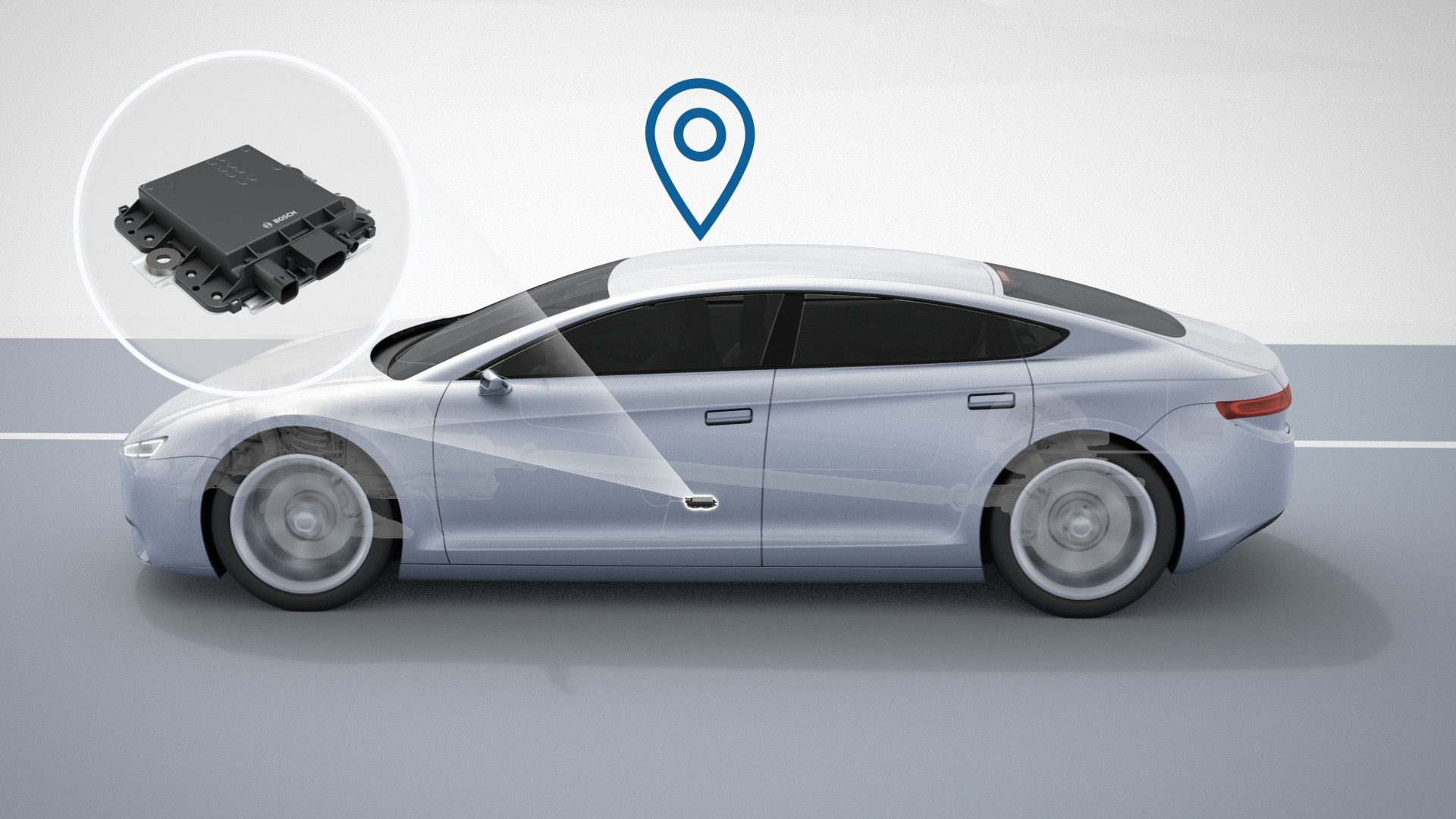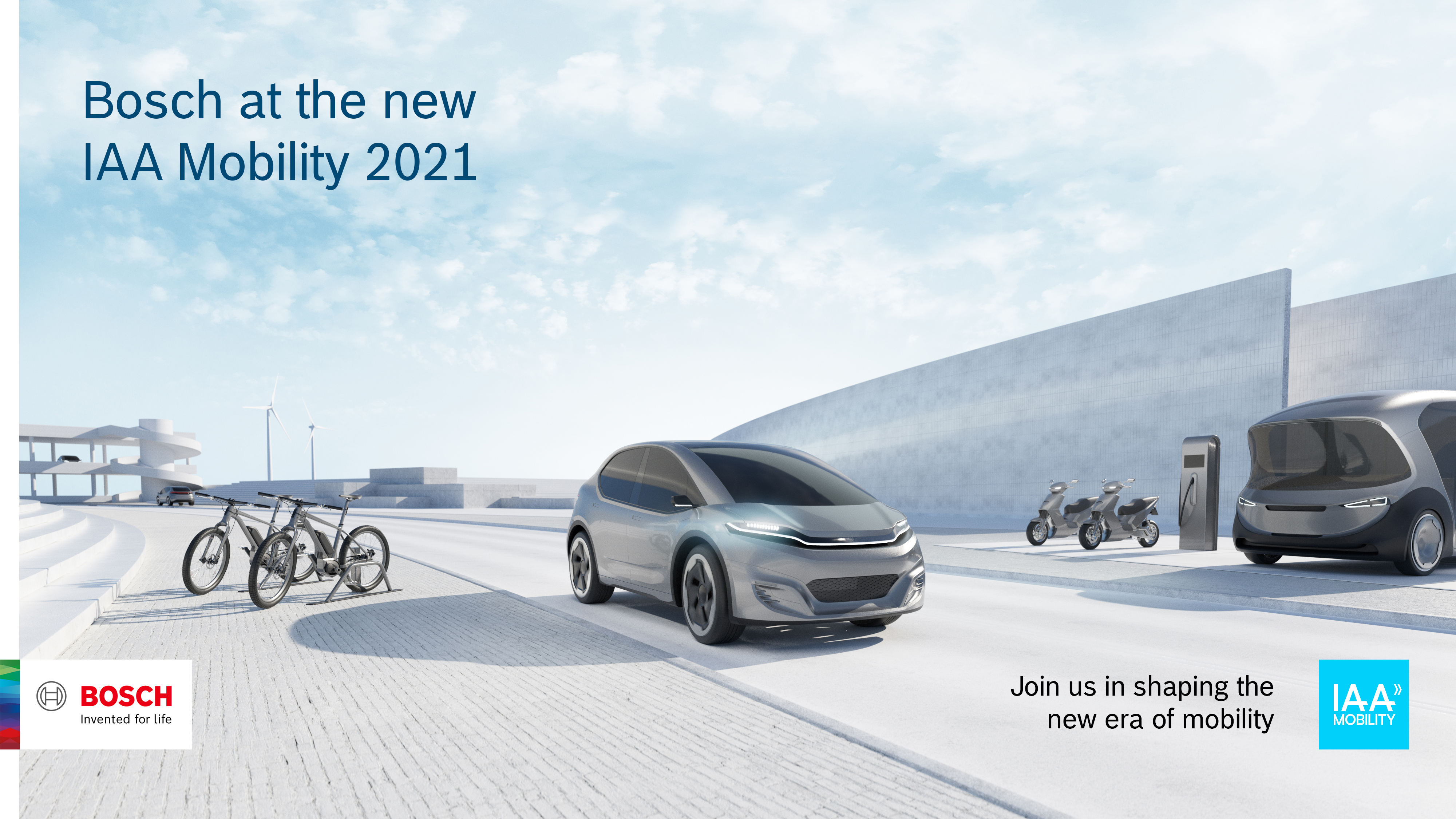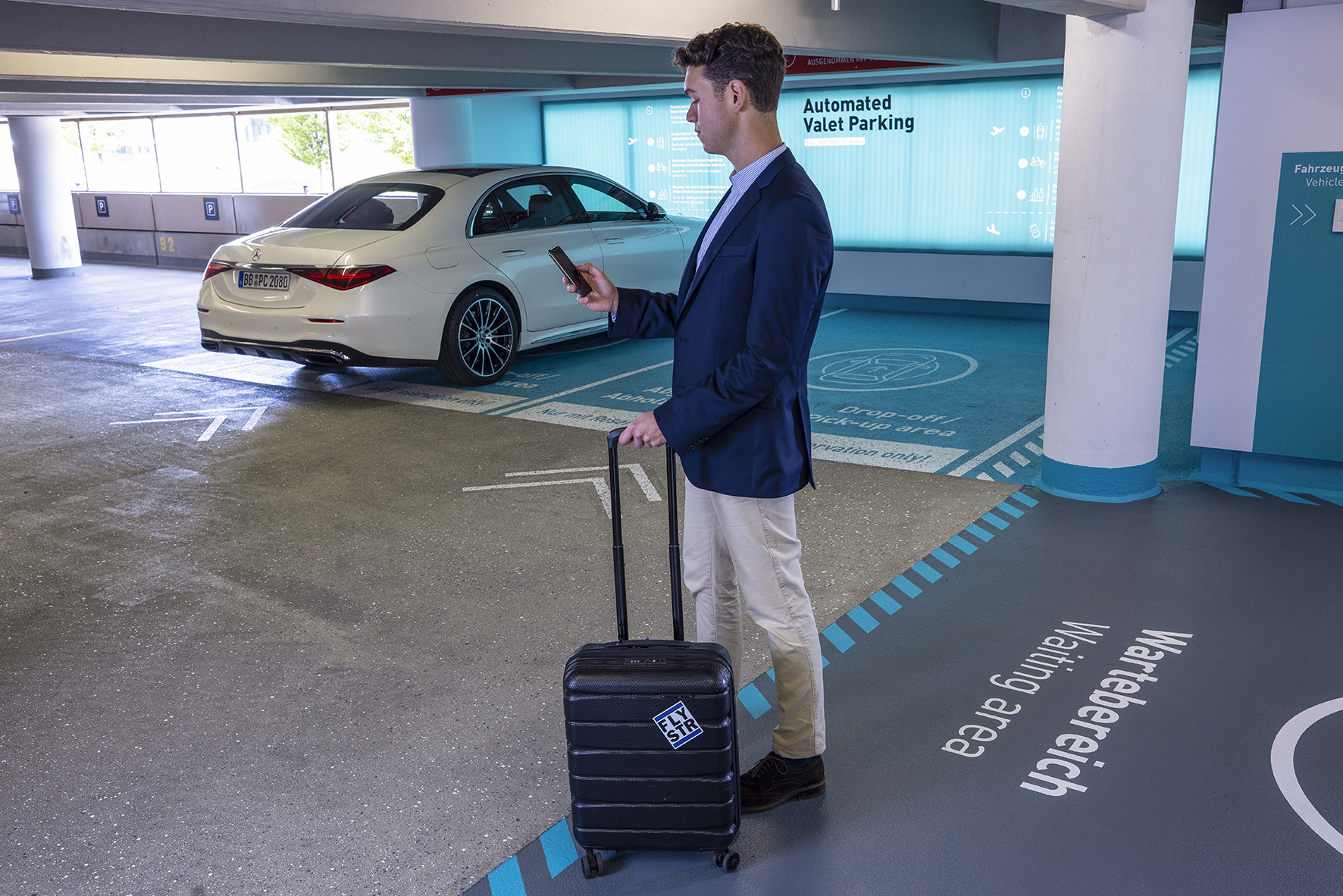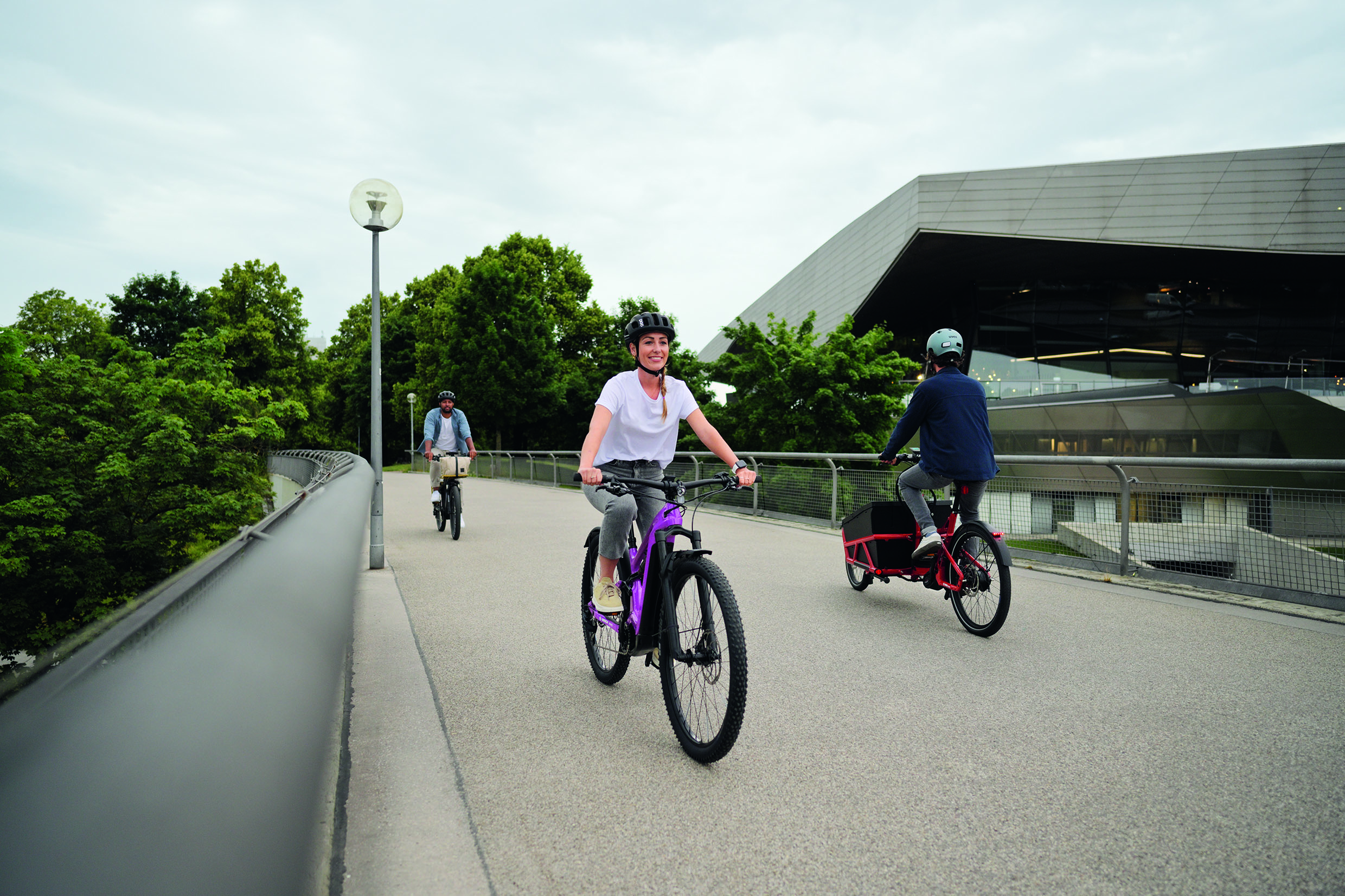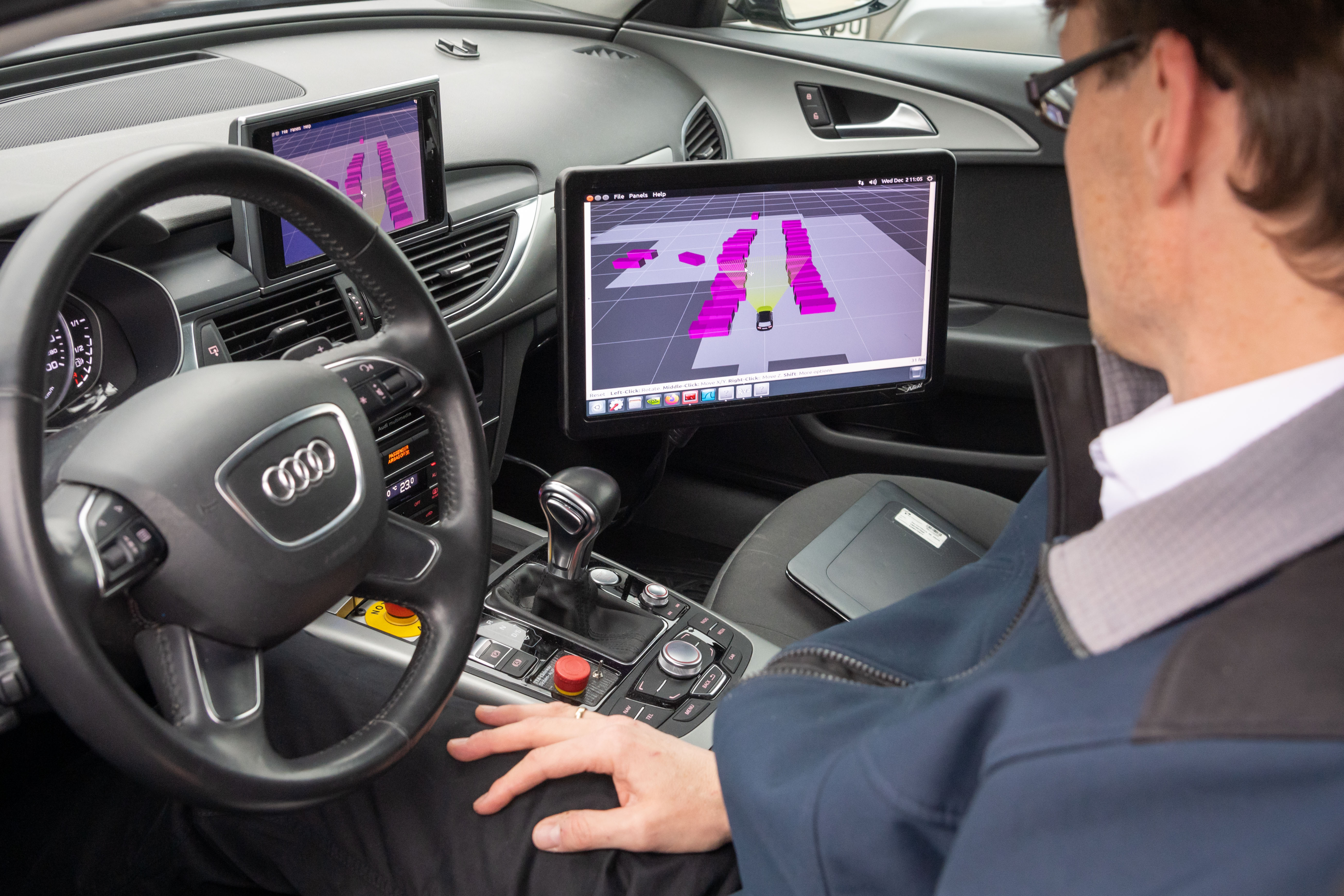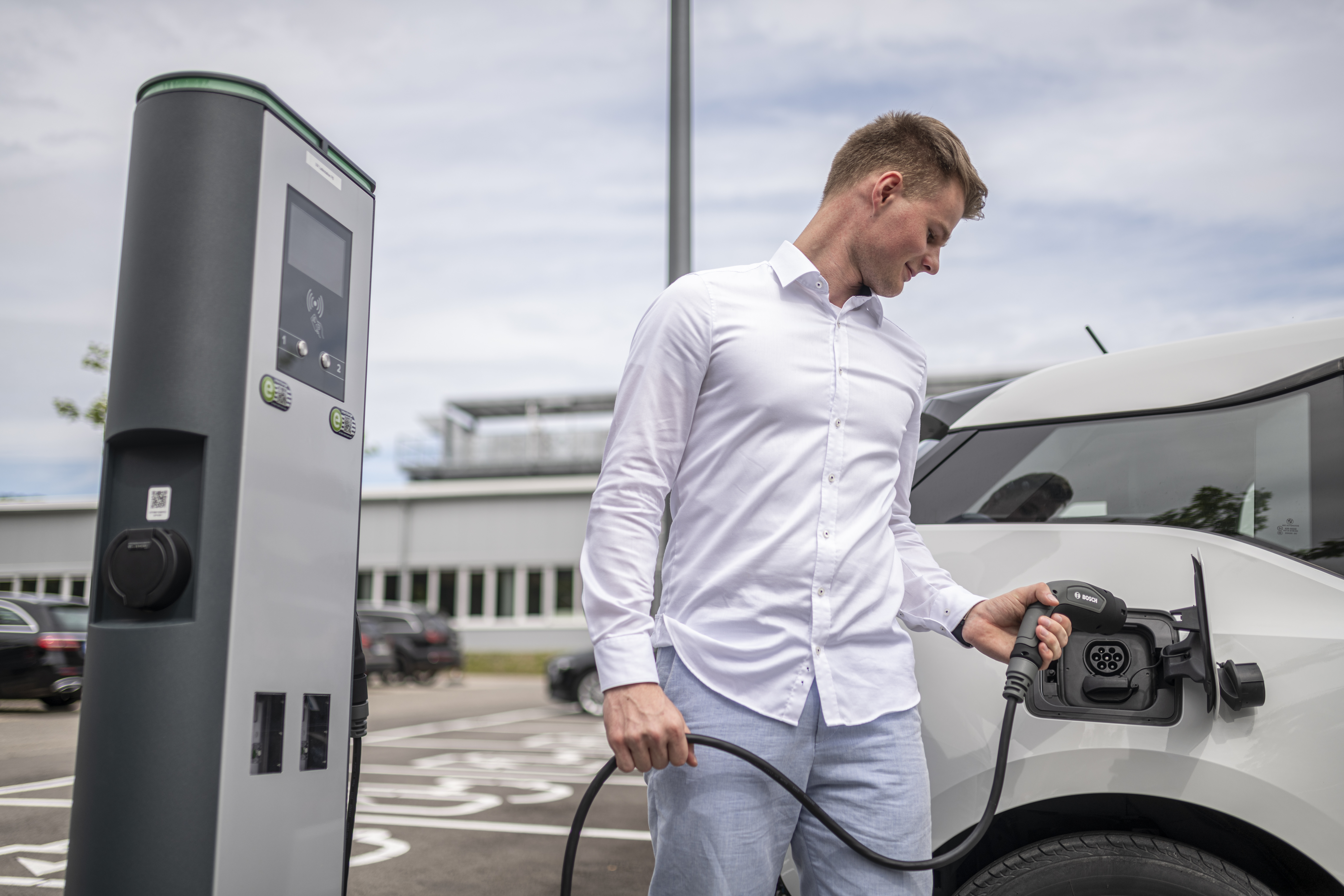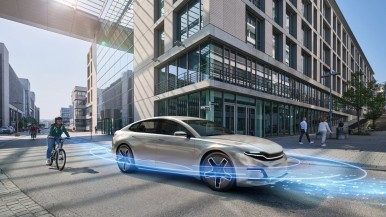Munich, Germany – In electromobility, no other company offers as many options as Bosch: from e-bikes to construction machinery, and from silicon carbide chips to pre-integrated e-axle modules. And this is paying off: in electromobility, Bosch is growing twice as fast as the market, and will generate more than 1 billion euros in sales this year. This business is continuing to gain speed: by 2025, sales are expected to grow five-fold. “Electromobility will become a core business for us, and CO₂-free mobility a growth area. We are turning challenges into opportunities – that’s how we do things at Bosch,” said Dr. Volkmar Denner, chairman of the Bosch board of management, at IAA Mobility 2021 in Munich. These growth areas also include automated driving. Driver assistance is the basis for all the levels of automated driving. At 40 percent, the market leader Bosch is growing faster than the market in this field as well. The company’s healthy position in the areas of electromobility and automated driving is helping it to successfully hold its own in a market environment marked by the Covid crisis, chip shortages, and the even faster transformation of the mobility sphere: the sales revenue of its Mobility Solutions business sector will grow 10 percent this year. “Bosch is a technology leader, and this means business success,” Denner said.
Mobility is the largest Bosch Group business sector. It generated sales of 55.8 billion euros in 2024, and thus contributed around 62 percent of total sales. This makes the Bosch Group one of the leading mobility suppliers. Bosch Mobility pursues a vision of mobility that is safe, sustainable, and exciting. For its customers, the outcome is integrated mobility solutions. The business sector’s main areas of activity are electrification, software and services, semiconductors and sensors, vehicle computers, advanced driver assistance systems, systems for vehicle dynamics control, repair-shop concepts, as well as technology and services for the automotive aftermarket and fleets. Bosch is synonymous with important automotive innovations, such as electronic engine management, the ESP anti-skid system, and common-rail diesel technology.
The Bosch Group is a leading global supplier of technology and services. It employs roughly 412,000 associates worldwide (as of December 31, 2025). According to preliminary figures, the company generated sales of 91 billion euros in 2025. Its operations are divided into four business sectors: Mobility, Industrial Technology, Consumer Goods, and Energy and Building Technology. With its business activities, the company aims to use technology to help shape universal trends such as automation, electrification, digitalization, connectivity, and an orientation to sustainability. In this context, Bosch’s broad diversification across regions and industries strengthens its innovativeness and robustness. Bosch uses its proven expertise in sensor technology, software, and services to offer customers cross-domain solutions from a single source. It also applies its expertise in connectivity and artificial intelligence in order to develop and manufacture user-friendly, sustainable products. With technology that is “Invented for life,” Bosch wants to help improve quality of life and conserve natural resources. The Bosch Group comprises Robert Bosch GmbH and its roughly 490 subsidiary and regional companies in over 60 countries. Including sales and service partners, Bosch’s global manufacturing, engineering, and sales network covers nearly every country in the world. Bosch’s innovative strength is key to the company’s further development. At 136 locations across the globe, Bosch employs some 82,000 associates in research and development.
Additional information is available online at www.bosch.com, www.bosch-press.com.
